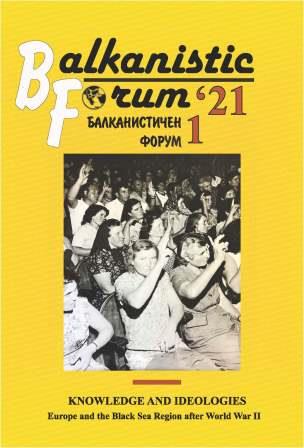A (Non)Existing Language – Serbo-Croatian after WWII
A (Non)Existing Language – Serbo-Croatian after WWII
Author(s): Pavel Krejčí, Elena Krejčová, Nadezhda StalyanovaSubject(s): Language studies, Language and Literature Studies
Published by: ЮГОЗАПАДЕН УНИВЕРСИТЕТ »НЕОФИТ РИЛСКИ«
Keywords: Serbo-Croatian Language; Standardization of Serbian; Croatian; Bosnian and Montenegrin Languages
Summary/Abstract: After the Second World War, Serbo-Croatian was formally declared on the basis of the so-called Novi Sad Agreement (1954). Its demise is connected to the demise of the Yu-goslav Federation (1992). The sociological, historical, political and ideological rea-sons of the rejection of this glossonym (and with it the rejection of the common lan-guage) were clearly the decisive factor, but they were not always the same. The Serbs, Croats, Bosniaks and Montenegrins had specific reasons for this. These reasons can be revealed, inter alia, by analyzing a number of declarative, proclaiming, explanatory, defending, shorter or longer texts on the language generated by all the above-mentioned national communities which used Serbo-Croatian as their first (mother) tongue after 1990. The most recent Declaration on the Common Language (2017) is unique in this sense.
Journal: Балканистичен Форум
- Issue Year: 30/2021
- Issue No: 1
- Page Range: 233-243
- Page Count: 11
- Language: English
- Content File-PDF

